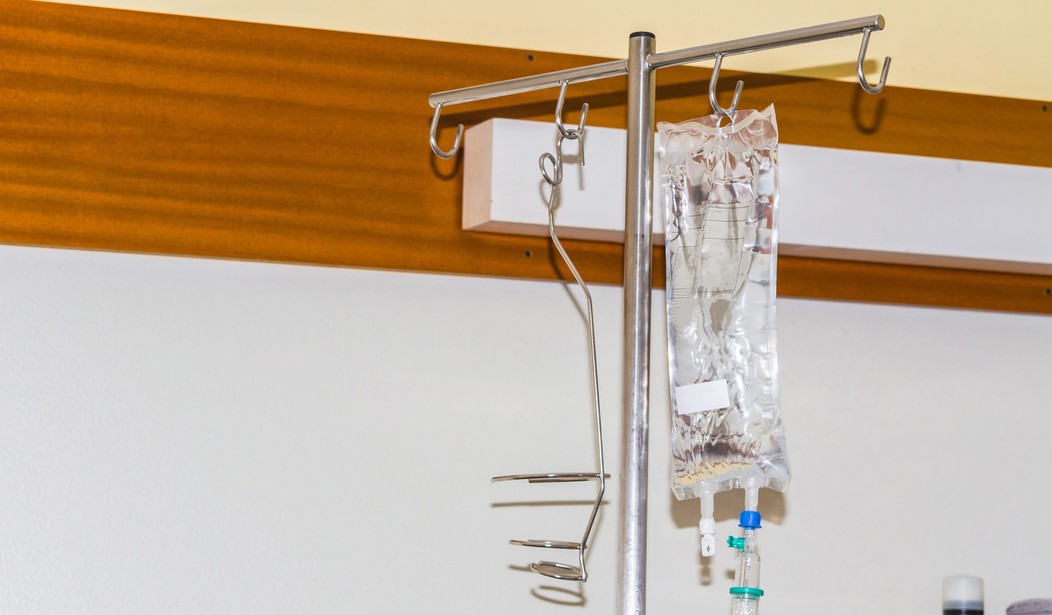The devastation that Hurricane Maria brought to Puerto Rico has been well documented, as has the suffering of the residents there, many of whom are still without power.
Those myriad problems left behind after the storm are now reaching the continental U.S., specifically in hospitals and pharmacies. It turns out that Puerto Rico is home to quite a few pharmaceutical and medical device manufacturers, which is now creating shortages.
From The New York Times:
Federal officials and major drugmakers are scrambling to prevent national shortages of critical drugs for treating cancer, diabetes and heart disease, as well as medical devices and supplies, that are manufactured at 80 plants in hurricane-ravaged Puerto Rico.
Pharmaceuticals and medical devices are the island’s leading exports, and Puerto Rico has become one of the world’s biggest centers for pharmaceutical manufacturing. Its factories make 13 of the world’s top-selling brand-name drugs, from Humira, the rheumatoid arthritis treatment, to Xarelto, a blood thinner used to prevent stroke, according to a report released last year.
With business of nearly $15 billion a year at stake in Puerto Rico, drug companies and device makers are confronting a range of obstacles on the island: locating enough diesel fuel for generators to run their factories; helping their employees get to work from areas where roads are damaged and blocked, electricity is down and phones don’t work. Companies have taken out radio ads pleading with workers to check in. The pharmaceutical and device industries contribute to the employment of nearly 100,000 people on the island, according to trade groups.
FDA commissioner Scott Gottlieb told the Times that there are “about 40 drugs” that they are “very concerned about.”
Adding to the worries about the drugs is the fact that Puerto Rico is home to a manufacturing facility that makes a lot of the small IV fluid bags used in U.S. hospitals:
The natural disaster in Puerto Rico knocked out the manufacturing capacity for small-volume presentations of sodium chloride and dextrose at one of two major suppliers, and that could send a ripple effect throughout the U.S. healthcare industry.
Baxter International is the biggest supplier of intravenous bags of dextrose and sodium chloride, also known as saline, that providers regularly give to patients to regulate heart rate and blood pressure during heart surgery, among other uses. Baxter said its Puerto Rico manufacturing facility, which produces smaller-volume bags of the IV fluids used primarily to mix with other medications, has lost “multiple production days” after Hurricane Maria tore through the island.
This is critical because of the number of facilities involved:
Sodium chloride and dextrose are vital drugs used every day in hospitals around the country, said Chris Snyder, drug information pharmacist at Cleveland Clinic who manages shortages and recalls.
“We’re talking about two manufacturers that support nearly the entire U.S. and one of them is out and the other manufacturer doesn’t have enough supply to make up for it,” he said.
Baxter International told the Times that it is presently limiting shipments of the small saline IV bags to discourage hospitals from stockpiling.










Join the conversation as a VIP Member